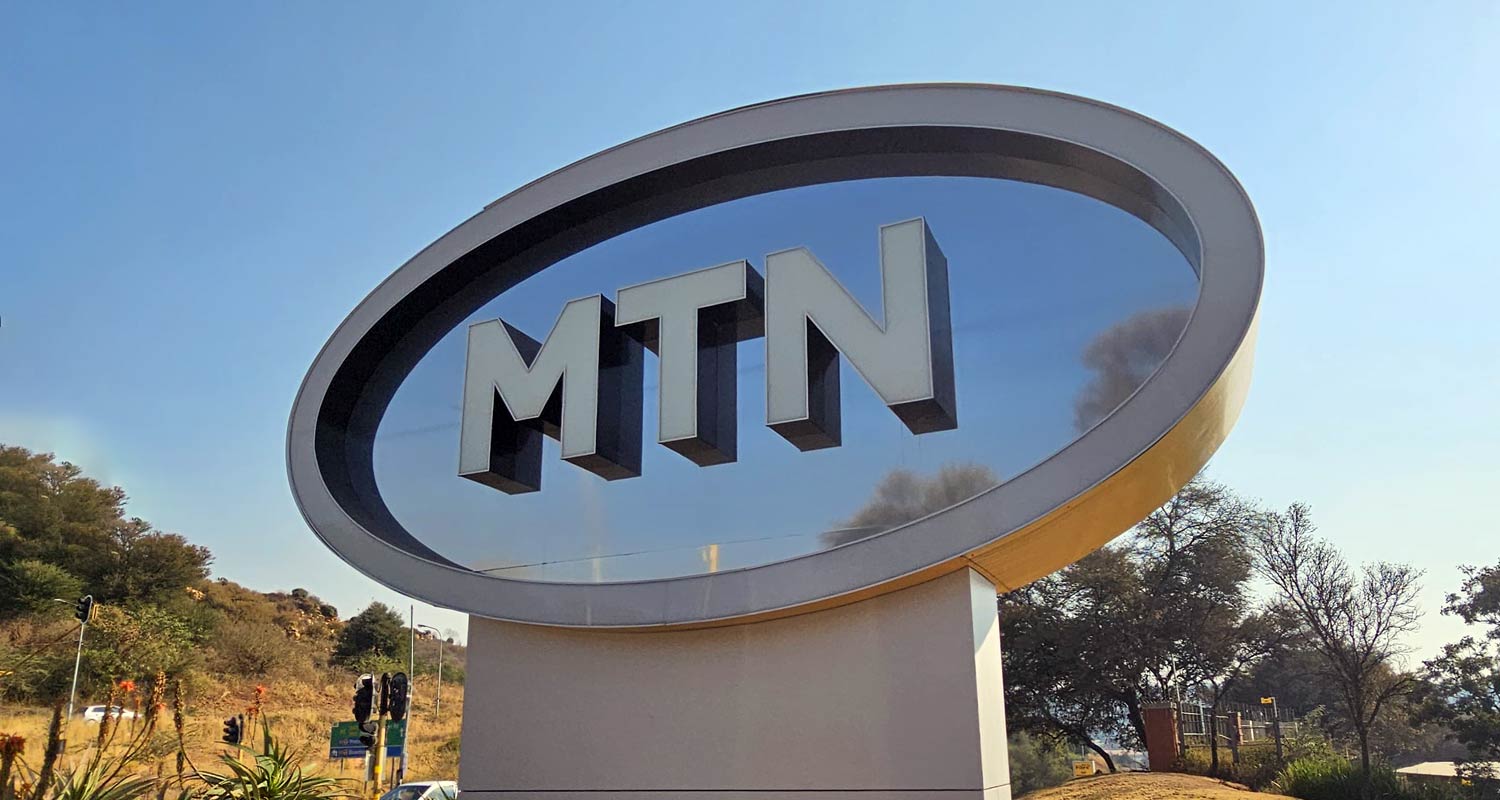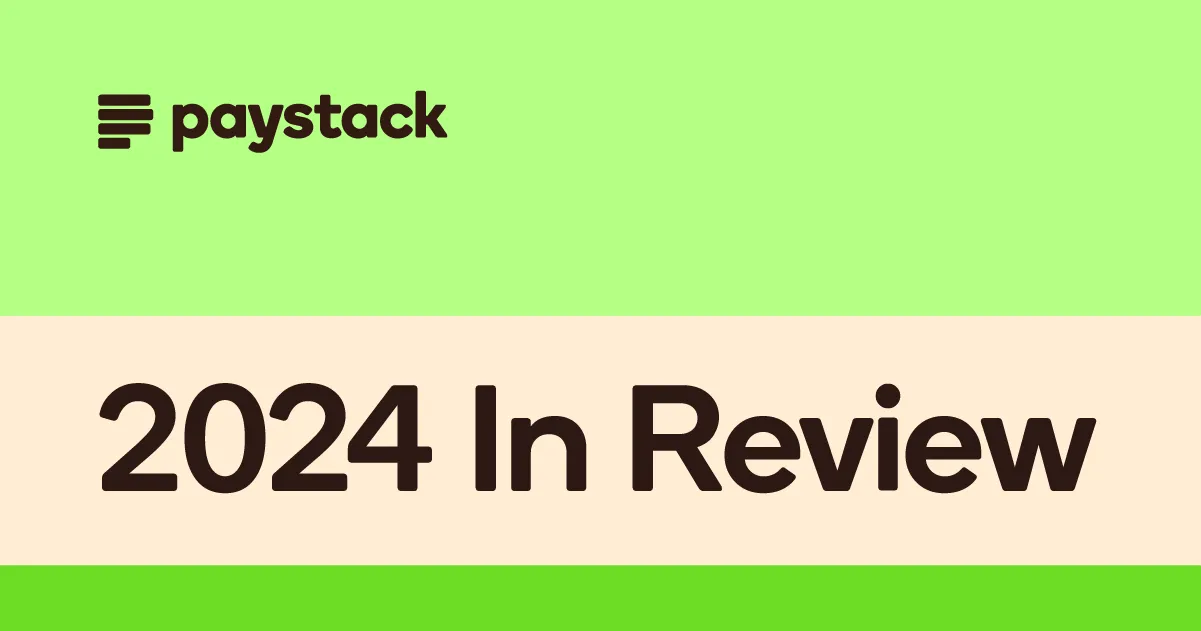- 👨🏿🚀TC Daily
- Posts
- Airtel bets on itself
Airtel bets on itself
Inside: These 12 startups made the FT list.


Good morning! ☀️️️
Your Gen Z co-worker doesn’t just want free snacks—they want company. So be extra nice to them today, they might just be lonely. 91% of the generation’s workers say they want more balance between virtual and in-person work, according to a survey from Harris Poll.
Let’s dive into today’s edition.

Telecoms
MTN’s B2B loan service, BankTech, disburses $592 million in Q1 2025

If you're Nigerian and you've ever had a serious mishap using MTN’s telecom service—like logging off a meeting or embarrassingly turning off your video during an interview so your internet spares your blushes—then you'd have asked, at least once, is MTN even serious about doing this telecom business?
Or maybe it's just us and we had to dramatise for effect.
During the last decade, MTN made most of its money from voice calls—71% of revenue in 2014 came from it. However, voice revenue has slowed down over the years, dropping to 39% in 2023 and 32% in 2024. Last year, voice brought in R57.2 billion ($3.1 billion). By Q1 2025, it fell again by 0.1% year-on-year. On the other hand, its data revenue and digital services have taken off.
Soon, as digital services began to expand, it opened up many sectors with it, such as fintech, entertainment, instant messaging, and education. MTN spotted these trends, and as a mature company, the telecom operator has dipped its fingers into all these businesses in hopes of increasing revenue and staying ahead of the curve.
Already, as a data and infrastructure provider, MTN not only wanted to own the bakery, it was going after the bread, too. This was why it deepened its focus on fintech; it started with MoMo, which is a key business in some of its markets, and now, BankTech (which launched in August 2023)—a B2B platform that gives fintechs and digital platforms the tools (via APIs) to offer loans, savings, and insurance—is entrenching itself as an important money-spinner.
For BankTech, MTN provides the liquidity, particularly in markets where it is permitted to offer digital loans. In Q1 2025, the group reported that it disbursed $592 million in loans.
Juggling multiple ventures is no small task, but MTN’s scale and capital give it room to experiment. While it may not be as sleek as younger fintech startups, its reach and financial muscle make up for it. And for the businesses using its rails, what matters most is access, not who built the pipes.
Yet, Nigerians can rest easy knowing MTN still has interest in offering solid telecom services after Q1 core network reinforcements.
Seamless Global Payments With Fincra.

Issue accounts in NGN, KES, EUR, USD & more with one integration. Send & receive funds seamlessly across borders; no more banking hassles or complex conversions. Create an account for free & go global today.
Telecoms
Airtel Africa plans to buy back its $55 million shares, signalling confidence

Airtel Africa, the telecom company that operates in 14 African countries, has started the second phase of its $100 million share buyback programme, which began in 2024. The company plans to buy up to $55 million worth of its own shares from the open market to reduce the number of shares and return value to shareholders.
Usually, when companies buy back shares, it’s a sign things are going well. Their books are solid, and there’s confidence in long-term growth. Airtel is in that position. In the full financial year that ended March 31, 2025, the company reported a profit after tax of $328 million; this was its highest cash pull in over three years, marking a turnaround from a $89 million loss in the previous period.
Yet, the performance wasn't a one-time wonder. Airtel has posted steady gains since mid-2024, helped by currency stability in Nigeria and better pricing on data. Tariff adjustments, cost controls, and easing FX pressure also helped it reverse course financially.
The buy-back now doubles as both reward and signal—telling retail investors that the company is not only profitable but confident enough to reduce share count and concentrate future gains.
Still, there’s a catch. Airtel is a famously illiquid stock, especially on the Nigerian exchange (NGX), largely because most of its shares are held by institutional investors, leaving little room for retail activity. As a result, trading volumes are thin, and retail investors may struggle to buy or sell shares quickly without nudging the price.
This illiquidity means that investors must be prepared to play the long game.
Paga is on the Financial Times List Three Times in a Row!

Milestone achieved: 3x in a row! Celebrating 16 years of growth with our third consecutive appearance on the Financial Times' Africa's Fastest-Growing Companies list. Read more.
Startups
These 12 startups made FT fastest-growing company list for 2025

What does it take to be one of Africa’s fastest-growing companies? FT and Statista say it’s a combination of grit and an ambition to build durable businesses amidst volatile operating environments. You’d agree this is true, especially at a time when African startups are witnessing a decline in venture funding.
Yesterday, the Financial Times in collaboration with research company Statista released its yearly list of fastest-growing companies on the continent, a list that has been revered by investors and PR folks alike.
Now in its fourth year, 2025 rankings featured 130 African companies based on their revenue growth rate from 2020 to 2023.
The 2025 list contains some very familiar names—Moniepoint, Paga, Mkopa and Palmpay—and some names you wouldn’t expect on the list—Nigeria’s 40-year-old Chams PLC.
Overall 12 startups were selected for the list, with Nigeria having the most representation with 6 startups. Kenya had 3 companies on the list while South Africa had 3 startups.
Omniretail, the B2B e-commerce platform for fast-moving consumer goods (FMCG) ranked first on the list; PalmPay, holding it down at number 2; Remedial Health, the healthtech supply chain startup, ranked 3rd; Termii, which provides communication infrastructure for businesses ranked 10th; Fintech unicorn Moniepoint and Paga, both ranked at 16th and 96th respectively.
In Kenya Roam Electric, the electric bus manufacturing company, is at 38th; M-KOPA, the digital asset platform, is ranked 68th; Victory Farms, an aquaculture company, comes in at 91st.
South African fintech unicorn TymeBank ranked 29th, while earned wage access (EWA) platform, Paymenow and Omnisient ranked 6th and 30th, respectively, on the list.
Here’s what happened at Paystack in 2024!

See what Paystack built last year! From major product upgrades to new ways we supported African businesses. Check out our Year in Review →
Banking
Fidelity Bank rejoins the trillion-naira market club

On Friday, April 4, 2025, Fidelity Bank Plc joined Nigeria’s trillion-naira club. Yeah, that’s right, the tier-2 bank crossed the ₦1 trillion ($625 million) market capitalisation mark, joining the big boys like Zenith, GTCO, Access, First HoldCo, and UBA.
But it didn’t stay there long. Fidelity dipped below the threshold by Monday, April 7. Then it came back. Then dipped again. And then on May 13? Back in action, baby—thanks to a juicy 5.3% jump in its share price to ₦21.00 ($0.013).
So what’s powering this ride to the top? For starters, Fidelity’s got a whopping 50.2 billion outstanding shares. Multiply that by its share price, and boom—you’re in trillion-naira territory. But it’s not just math. The bank has been killing it financially.
In Q1 2025, it posted a jaw-dropping 190% jump in after-tax profits to ₦91 billion. That’s up from ₦31.4 billion ($20 million) in Q1 2024. And in 2024? It recorded the highest profit growth (189%) among the top 10 banks. “Triple-digit growth is the new normal for us,” said Meksley Nwagboh, Fidelity’s Chief Marketing Officer.
Analysts are loving it. “Strong Q1 results, solid margins, and smart cost management—it’s a perfect storm,” said Nabila Mohammed of Chapel Hill Denham. Oh, and did we mention Fidelity’s credit loss expenses dropped too? That means more profit, less issues.
Investors are taking notice. Fidelity’s stock was the third most-traded on the Nigerian Exchange between February and May 2025. Why? It’s making real money and keeping costs low. Plus, its capital-raising game is strong—remember the 237% oversubscription in its last public offer?
Now, Fidelity has big dreams. Its “Vision 2025” is all about becoming a tier-1 powerhouse. They even bought Union Bank UK in 2023 to expand globally. And analysts? They’re bullish. Afrinvest predicts Fidelity could hit ₦1.5 trillion ($938 million) in earnings this year. Yes, trillion with a “T.”
Bottom line: Fidelity’s not just punching above its weight—it’s aiming for the title. And if this momentum keeps up, they might just snag it.
Get premium devices on Altmobile

Want to own the latest devices without breaking the bank? Altmobile lets you subscribe and pay for over 24 months. Subscribe now.
CRYPTO TRACKER
The World Wide Web3
Source:

Coin Name | Current Value | Day | Month |
|---|---|---|---|
| $102,577 | - 1.09% | + 19.89% | |
| $2,588 | - 3.12% | + 57.38% | |
| $0.01417 | - 0.71% | + 192.29% | |
| $173.38 | - 4.49% | + 31.50% |
* Data as of 06.45 AM WAT, May 15, 2025.
Moonshot Is Back, Bigger, And Bolder!

Africa’s flagship tech event is back, this time with more depth, new formats, and a sharper focus on execution. With the theme Building Momentum, Moonshot 2025 is where real conversations meet real opportunities. If you’re building products, writing policy, or funding innovation, this is where your next move starts. Watch the 2024 highlights here.
Early bird discount now available. Reserve Your Spot.
Events
- The Lagos Startup Expo returns on June 18–19, 2025, at Landmark Centre, Victoria Island, with the theme “Connect, Invest and Innovate.” This year’s edition will host over 200 startups across fintech, healthtech, AI, and more, offering live demos, founder meetups, and networking with investors. Open to the public, the expo features regular and VIP passes—with VIPs gaining access to expert-led masterclasses and investor lounges. Register to exhibit at the Expo here.


Written by: Opeyemi Kareem and Emmanuel Nwosu
Edited by: Faith Omoniyi
Want more of TechCabal?
Sign up for our insightful newsletters on the business and economy of tech in Africa.
- The Next Wave: futuristic analysis of the business of tech in Africa.
- TC Scoops: breaking news from TechCabal
P:S If you’re often missing TC Daily in your inbox, check your Promotions folder and move any edition of TC Daily from “Promotions” to your “Main” or “Primary” folder and TC Daily will always come to you.

How did you find today's edition of #TCDaily? |


